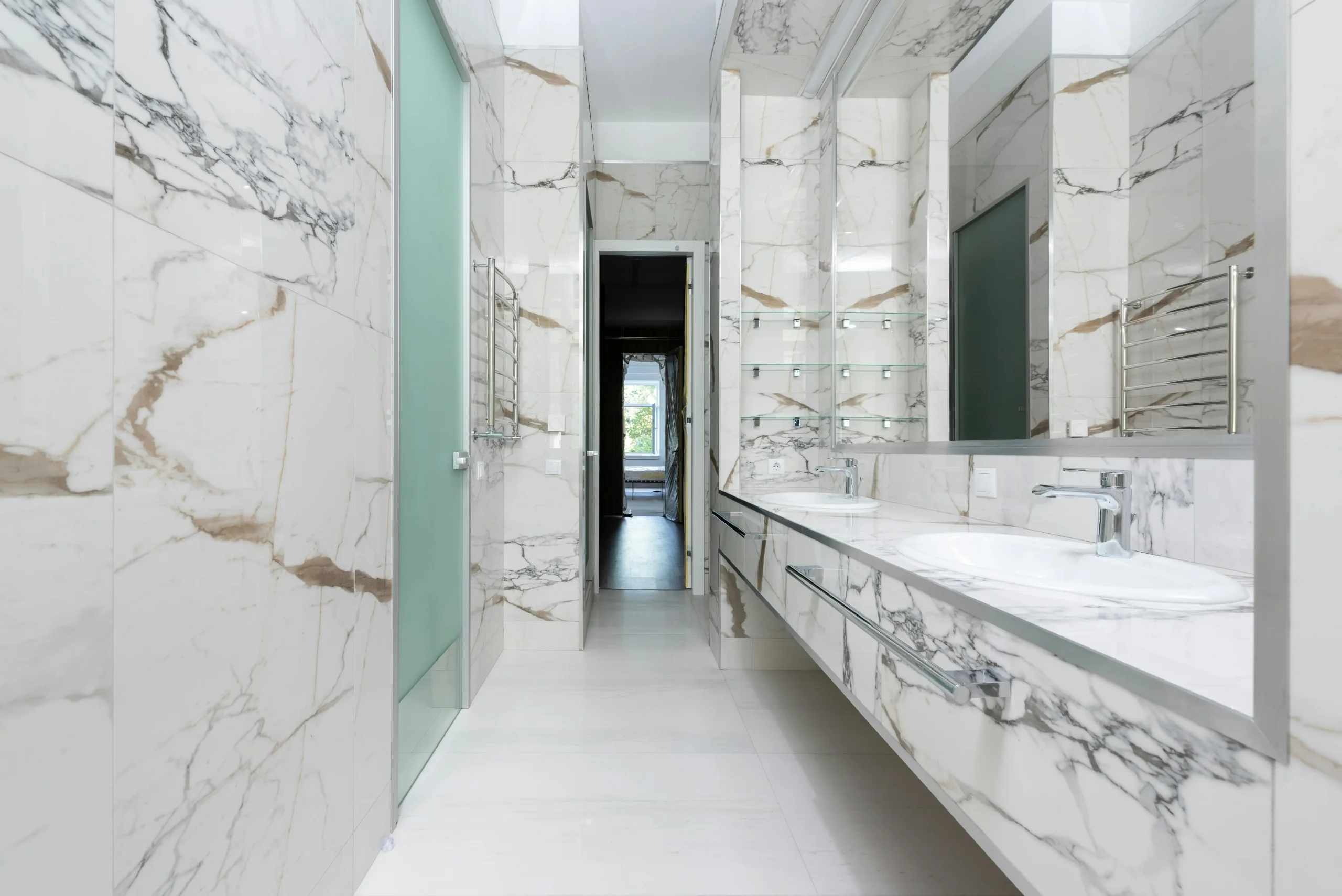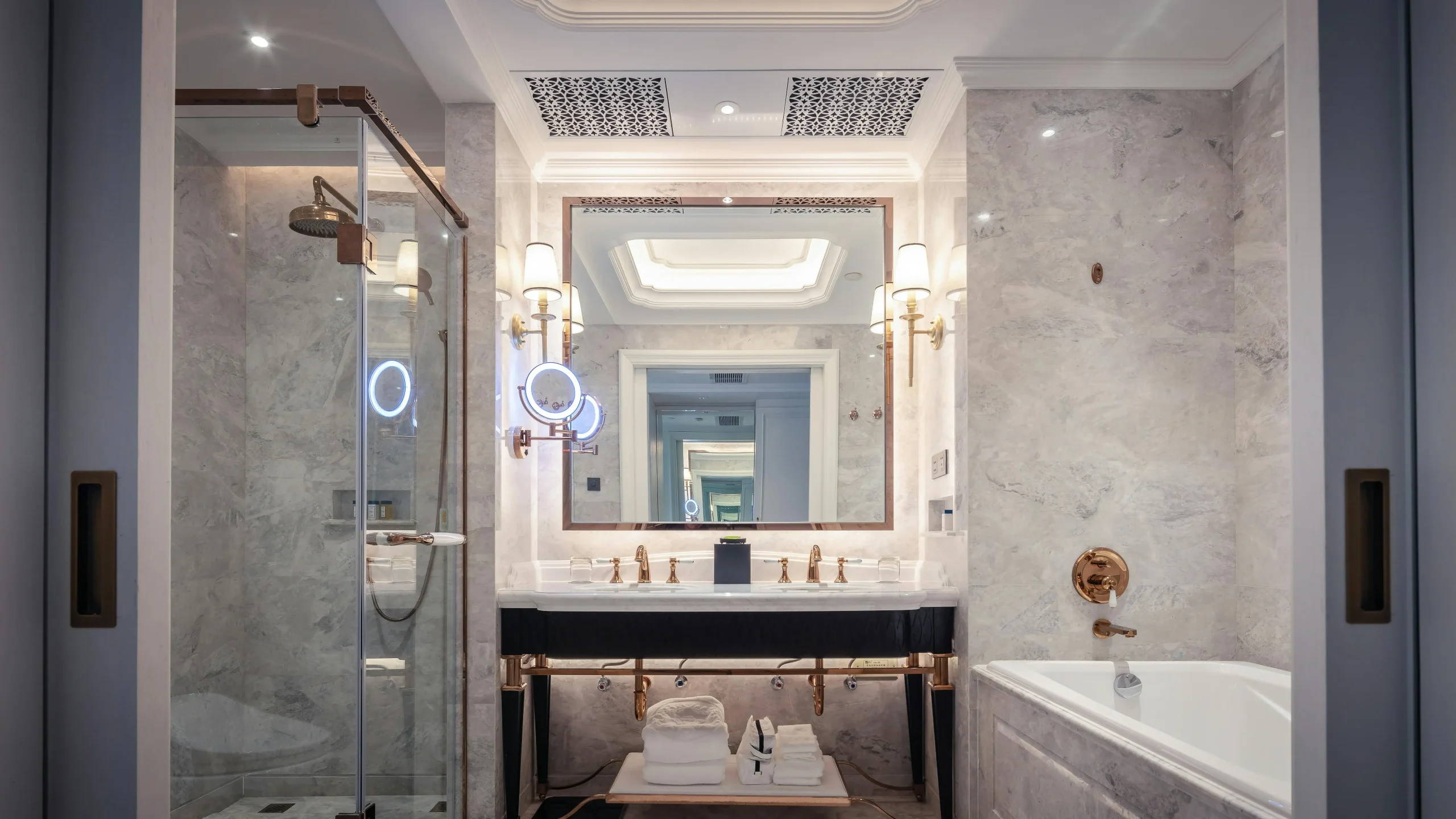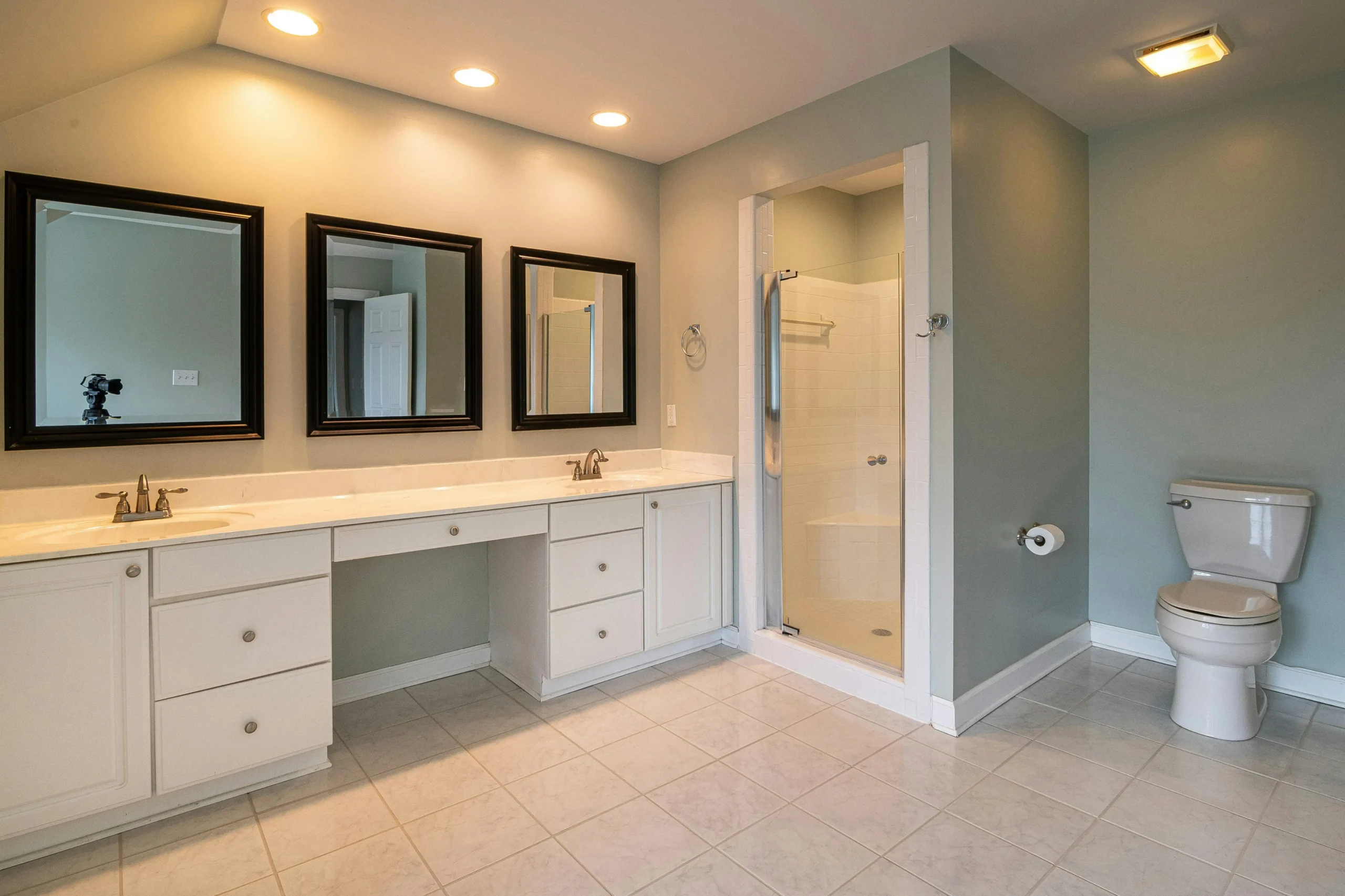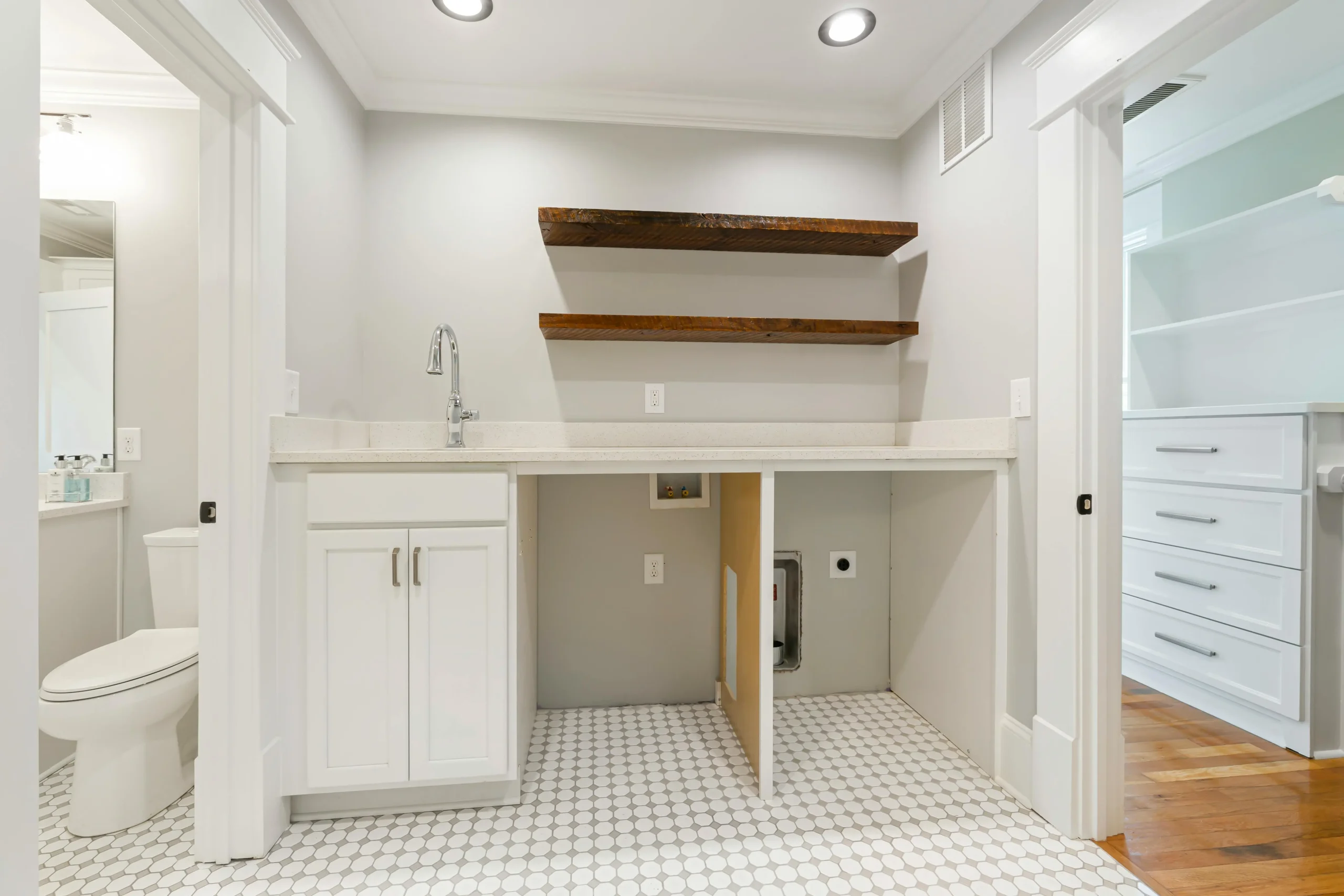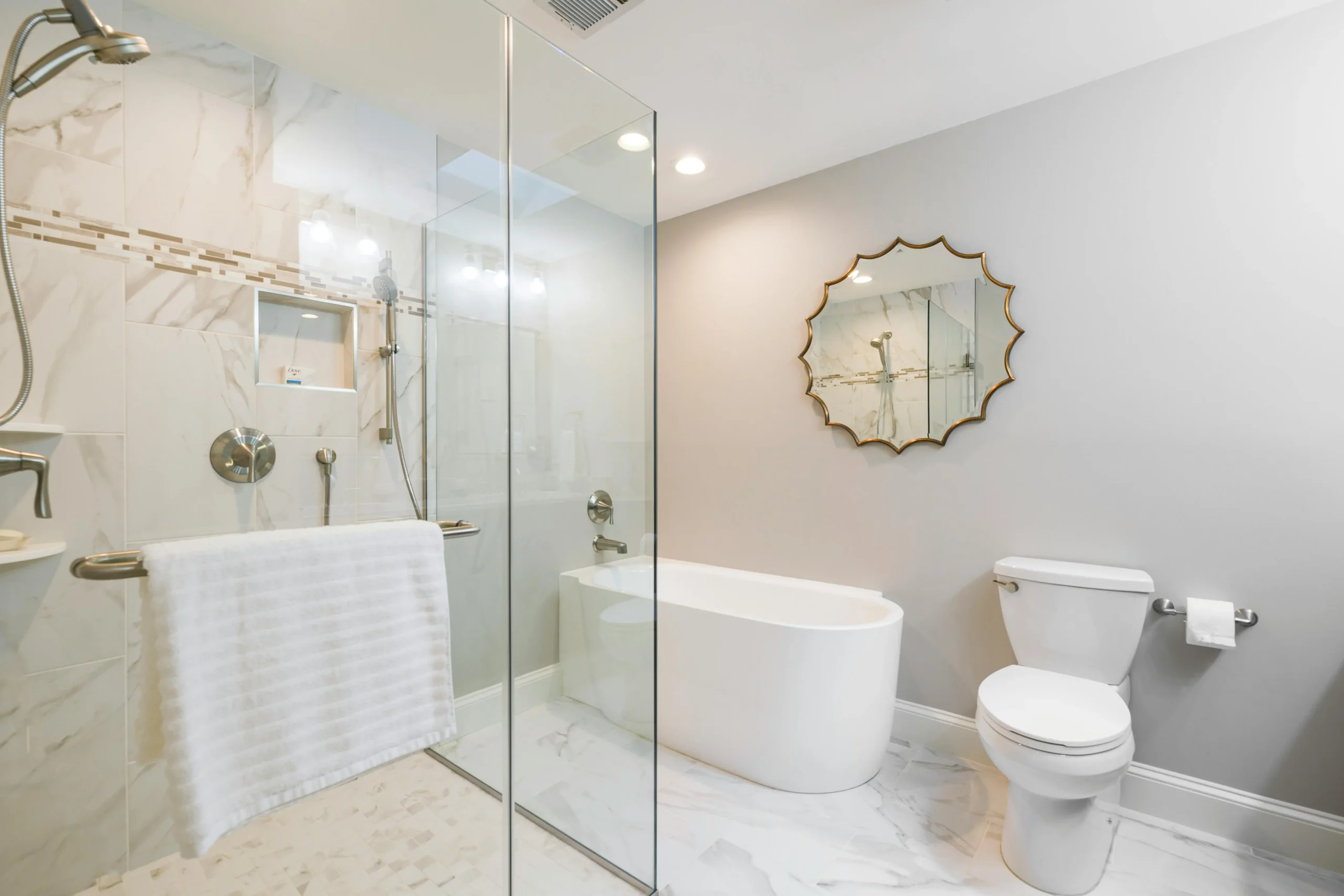Breaking Down Philadelphia Kitchen Remodel Costs
Understanding Philadelphia kitchen remodel costs requires careful consideration of multiple factors that influence overall expenses. A full-scale renovation involves costs related to cabinetry, countertops, flooring, lighting, and appliances, all of which play a crucial role in determining the budget. High-end kitchen remodels in Philadelphia can exceed $75,000, while mid-range projects typically range between $25,000 and $50,000, depending on materials and labor. A cost calculator can be a useful tool to break down these expenses, allowing homeowners to estimate spending in different areas of the remodel. Cabinetry remains one of the highest costs, followed by stone countertops and premium appliances, which contribute significantly to the total budget. Labor costs in Philadelphia vary based on contractor experience and project complexity, with skilled professionals charging higher rates for custom designs and extensive renovations. Additionally, unforeseen structural or plumbing updates can add unexpected costs, making contingency budgeting essential. Homeowners planning a kitchen remodel should gather multiple quotes, research material costs, and consult with professionals to ensure their project aligns with both budget and design goals. Investing in a well-planned remodel enhances both functionality and resale value, making it a worthwhile home improvement project.
Factors Influencing Remodeling Costs
Kitchen remodeling costs in Philadelphia depend on several key factors, including material choices, labor expenses, and the overall scope of the renovation. Cabinetry is often one of the most significant cost contributors, with custom-built cabinets costing more than stock options. Countertops also play a major role, with materials like granite, quartz, and marble driving up the price, whereas laminate offers a more budget-friendly alternative. Labor costs are another crucial aspect, particularly in Philadelphia, where experienced contractors and specialized tradespeople charge premium rates for high-quality workmanship. Additional cost factors include demolition, electrical upgrades, plumbing modifications, and appliance installations, all of which add to the final remodel budget. Permits and inspections may be required for significant structural changes, adding further expenses to the project. Homeowners should also account for design complexity, as intricate layouts and custom-built features tend to increase both material and labor costs. Lastly, unexpected expenses, such as hidden water damage or outdated wiring, can significantly impact the final budget. A well-planned remodel accounts for these variables, ensuring that homeowners allocate funds effectively to achieve the best balance between cost and quality.
Material Costs for Major Kitchen Renovations
Material selection plays a significant role in determining the cost of a major kitchen renovation in Philadelphia. Cabinets remain one of the most expensive elements, with high-quality wood and custom-built designs often accounting for a significant portion of the budget. Quartz and granite countertops are popular choices for their durability and aesthetic appeal, but they also come with a higher price tag compared to laminate or tile options. Flooring choices such as hardwood, ceramic tile, and luxury vinyl plank contribute to the overall cost, with natural stone being one of the pricier selections. Backsplashes, made from materials like glass, subway tiles, or natural stone, add both style and functionality but vary widely in price. Upgrading kitchen appliances also impacts the budget, as high-end brands and smart technology features increase costs. Lighting fixtures, sinks, and faucets further add to the expenses, with designer finishes costing significantly more than standard selections. Homeowners should balance style, durability, and cost when choosing materials, as each element contributes to both the remodel’s success and long-term value. Conducting research, comparing prices, and consulting with professionals ensures the best material selections for any renovation budget.
Philadelphia Labor Costs for Kitchen Remodels
Labor costs in Philadelphia account for a substantial portion of any kitchen remodel budget, with skilled contractors and specialized tradespeople commanding premium rates. General contractors typically charge between 15% and 25% of the total project cost, while carpenters, electricians, and plumbers have their own hourly or per-project pricing. Custom cabinetry installation is among the more expensive labor-intensive tasks, with intricate designs requiring skilled craftsmanship. Electrical work, including rewiring, lighting installation, and appliance hookups, can significantly add to labor costs, especially in older homes needing system upgrades. Plumbing modifications, such as moving a sink or installing a new gas line for a range, require licensed professionals, increasing overall expenses. Demolition, drywall installation, and flooring installation all involve additional labor charges, depending on complexity. Homeowners should obtain multiple contractor quotes and carefully review experience and credentials to ensure high-quality work. Hiring reputable professionals ensures precision and compliance with building codes, reducing the likelihood of costly repairs in the future. Factoring labor expenses into the overall remodel budget helps homeowners allocate funds effectively, ensuring the best possible outcome for their kitchen renovation project.
Kitchen Remodel Cost Guide for Beginners
For homeowners new to remodeling, understanding kitchen remodel costs in Philadelphia involves breaking down key budget components and planning effectively. A budget-conscious renovation typically starts at $15,000, while mid-range remodels cost between $25,000 and $50,000, and luxury renovations can exceed $75,000. The primary cost drivers include cabinetry, countertops, appliances, flooring, lighting, and labor expenses, all of which contribute to the total investment. When planning, homeowners should prioritize essential upgrades, such as functional storage, durable materials, and energy-efficient appliances. Obtaining multiple contractor quotes and researching material costs ensures transparency and prevents unexpected financial overruns. Homeowners should also set aside a contingency budget, typically 10-20% of the total cost, to cover unforeseen issues such as plumbing or electrical repairs. Smart budgeting decisions, such as refacing existing cabinets instead of replacing them or choosing quartz over natural stone countertops, can help balance aesthetics with cost-efficiency. Consulting with professional kitchen designers or contractors can provide valuable insight into cost-saving opportunities without sacrificing quality. A well-researched approach to remodeling ensures a successful project that enhances both the functionality and value of the home.
Budgeting Tips for Kitchen Remodels
Effective budgeting is crucial when planning a Philadelphia kitchen remodel to ensure the project stays within financial limits while achieving desired upgrades. Homeowners should begin by determining their overall spending limit and allocating funds to essential renovation aspects such as cabinetry, countertops, and appliances. Creating a detailed cost breakdown helps prevent overspending and ensures each component is accounted for in the budget. Prioritizing upgrades that add the most value, such as high-quality storage solutions or energy-efficient appliances, helps maximize return on investment. Comparing material costs and selecting mid-range options, such as quartz instead of marble countertops, can significantly reduce expenses without compromising style. Seeking multiple contractor bids and negotiating labor costs can lead to additional savings. DIY efforts, such as painting walls or installing backsplashes, can further cut costs for homeowners with basic renovation skills. Planning ahead and setting aside an emergency budget for unforeseen expenses prevents financial strain if unexpected issues arise. Smart budgeting and thorough research allow homeowners to achieve a high-quality kitchen renovation without exceeding their financial capabilities.
High-End vs. Budget Kitchen Remodel: Cost Differences
The cost of a kitchen remodel in Philadelphia varies significantly depending on whether homeowners opt for a budget-friendly or high-end renovation. Budget kitchen remodels, typically costing between $15,000 and $30,000, focus on essential upgrades such as repainting cabinets, replacing countertops, and updating appliances. Stock cabinets, laminate countertops, and standard lighting fixtures help keep costs low while providing a refreshed look. In contrast, high-end remodels, which can exceed $75,000, incorporate custom cabinetry, high-end appliances, luxury countertops, and premium flooring materials. These upscale renovations often include kitchen islands, smart home technology, and intricate design elements that elevate both aesthetics and functionality. While high-end remodels provide significant resale value and enhanced kitchen performance, budget-conscious renovations can still achieve a stylish and efficient space. Homeowners should assess their needs, preferences, and long-term goals before deciding between a budget or luxury remodel. Making cost-effective choices, such as refinishing existing cabinets or choosing quartz over granite, allows for a balance between affordability and elegance. Whether aiming for a cost-conscious refresh or a full luxury transformation, strategic planning ensures the best use of funds in a Philadelphia kitchen remodel.
Impact of Kitchen Size on Remodel Cost
The size of a kitchen plays a significant role in determining the overall cost of a remodel, with larger kitchens requiring more materials, labor, and time for completion. In Philadelphia, small kitchen remodels typically range from $15,000 to $30,000, while mid-sized kitchens may cost between $25,000 and $50,000. Large kitchens, particularly those with open floor plans, islands, and custom features, can exceed $75,000, depending on material and design choices. The cost per square foot can vary, with smaller kitchens sometimes having a higher cost per square foot due to compact designs requiring specialized storage solutions. Larger kitchens allow for more flexibility in layout changes but also increase costs due to additional cabinetry, flooring, countertops, and lighting. Expanding a kitchen’s footprint through structural modifications or knocking down walls adds further expenses, requiring professional labor and permitting. Homeowners must also consider appliance placement and plumbing adjustments, which can significantly influence the final budget. By carefully evaluating kitchen size and remodeling priorities, homeowners can determine the best ways to allocate their funds, ensuring a balance between space utilization and budget efficiency. Regardless of size, strategic planning and expert consultations can help maximize functionality while controlling expenses.
Average Price of Kitchen Remodels by Region
Kitchen remodeling costs vary significantly by region, influenced by labor rates, material costs, and demand for home renovations. In Philadelphia, a mid-range kitchen remodel typically costs between $25,000 and $50,000, with luxury renovations reaching or exceeding $75,000. In major metropolitan areas like New York or Los Angeles, high-end kitchen remodels often exceed $100,000 due to increased labor expenses and higher costs for premium materials. In contrast, smaller cities or rural areas may see average remodel prices in the $15,000 to $40,000 range, benefiting from lower contractor and material costs. Regional design trends also impact pricing, as upscale urban kitchens often incorporate custom cabinetry, smart appliances, and high-end stone countertops, driving up costs. In areas with a strong real estate market, higher remodeling costs may be justified by increased home value, offering a better return on investment. Regional climate and housing styles also affect remodel pricing, as homes in coastal regions may require moisture-resistant materials, while historic homes in the Northeast might demand structural updates. Homeowners should research local remodeling costs and consult professionals to determine realistic price expectations based on their location. Comparing pricing trends by region ensures a well-informed budget and investment strategy for kitchen renovations.
FAQs: Understanding Major Kitchen Value
Maximizing the value of a kitchen remodel involves balancing design, functionality, and cost efficiency to achieve the highest return on investment. One common question homeowners ask is, “What features add the most value to a kitchen?” Key upgrades such as modern cabinetry, durable countertops, and high-quality appliances significantly enhance both usability and market appeal. Another frequently asked question is, “How much should I budget for a kitchen remodel?” Experts recommend allocating at least 10-15% of a home’s total value to kitchen renovations for optimal resale value. Homeowners also ask, “What’s more important—style or function?” A well-designed kitchen must integrate both elements, ensuring an attractive space that also meets daily practical needs. Additionally, “Is it worth investing in smart appliances?” Energy-efficient and smart technology features can improve home value while offering long-term savings on utility costs. A major concern is, “How do I avoid overspending on a remodel?” Setting a clear budget, prioritizing essential upgrades, and obtaining multiple contractor quotes can help manage expenses effectively. Finally, “How long does a kitchen remodel take?” Depending on the project scope, kitchen renovations can take anywhere from six weeks for minor updates to several months for full-scale remodels. Understanding these key factors ensures that homeowners make informed decisions to achieve both personal satisfaction and strong financial returns from their kitchen remodeling projects.
What Can I Expect for Return on Investment?
A kitchen remodel in Philadelphia can provide a strong return on investment (ROI), depending on the project scale, material choices, and local real estate market trends. Mid-range kitchen remodels typically yield an ROI of 50-70%, while high-end renovations may offer a slightly lower percentage return due to their higher upfront costs. Updating cabinets, countertops, and appliances enhances functionality and modern appeal, making the home more attractive to potential buyers. Energy-efficient appliances, smart lighting, and modern layouts further increase home value by aligning with current buyer preferences. Open-concept designs and high-quality finishes contribute to a higher resale value, particularly in competitive Philadelphia housing markets. While ROI varies, well-executed remodels generally offer improved livability and increased home equity, making them a worthwhile investment. Homeowners should consult with real estate professionals to determine which kitchen upgrades yield the best resale value in their specific neighborhood. Ultimately, a well-planned kitchen remodel enhances both personal enjoyment and property worth, making it one of the most beneficial home improvement projects.
Frequently Asked Questions
Is $30,000 enough for a kitchen remodel?
Yes, $30,000 is a sufficient budget for a mid-range kitchen remodel, covering new cabinetry, updated countertops, modern appliances, and flooring upgrades. This budget allows for quality materials and some customization, though high-end luxury features such as custom-built cabinetry, premium stone countertops, or smart appliances may exceed this range. To make the most of $30,000, homeowners should maintain the existing kitchen layout, choose semi-custom cabinets, and opt for durable yet cost-effective materials to ensure a functional and stylish renovation.
What is a good budget for a kitchen remodel?
A realistic kitchen remodeling budget typically falls within 10-15% of a home’s total value, which equates to $12,000 to $35,000 for standard upgrades. This budget range generally covers cabinet replacements, countertop upgrades, flooring, and new appliances. If you’re looking for custom features, high-end finishes, or specialty design elements, a budget of $50,000 or more may be necessary. To stay within budget, homeowners should prioritize must-have upgrades, explore affordable yet stylish materials, and compare contractor estimates to get the best value.
What is the average cost of a brand new kitchen?
The cost of a brand-new kitchen varies based on size, materials, and customization, with average prices ranging from $25,000 to $50,000. A basic kitchen remodel with stock cabinetry, laminate countertops, and standard appliances may cost $15,000 to $25,000. A mid-range kitchen renovation that includes semi-custom cabinetry, quartz or granite countertops, and energy-efficient appliances typically costs between $30,000 and $50,000. Luxury remodels featuring custom-built cabinets, premium materials, high-end appliances, and smart kitchen technology can exceed $50,000.
What is the most expensive part of a kitchen remodel?
The most expensive aspect of a kitchen remodel is usually cabinetry, which can account for 20-40% of the total budget. Custom and semi-custom cabinets can significantly increase costs, depending on materials, finishes, and storage solutions. Other major expenses include high-end countertops (granite, quartz, or marble), premium appliances, and specialized labor for plumbing or electrical work. To keep costs down, homeowners can reface or repaint cabinets, choose durable yet affordable countertops, and invest in energy-efficient appliances while still achieving a stylish and functional kitchen.

